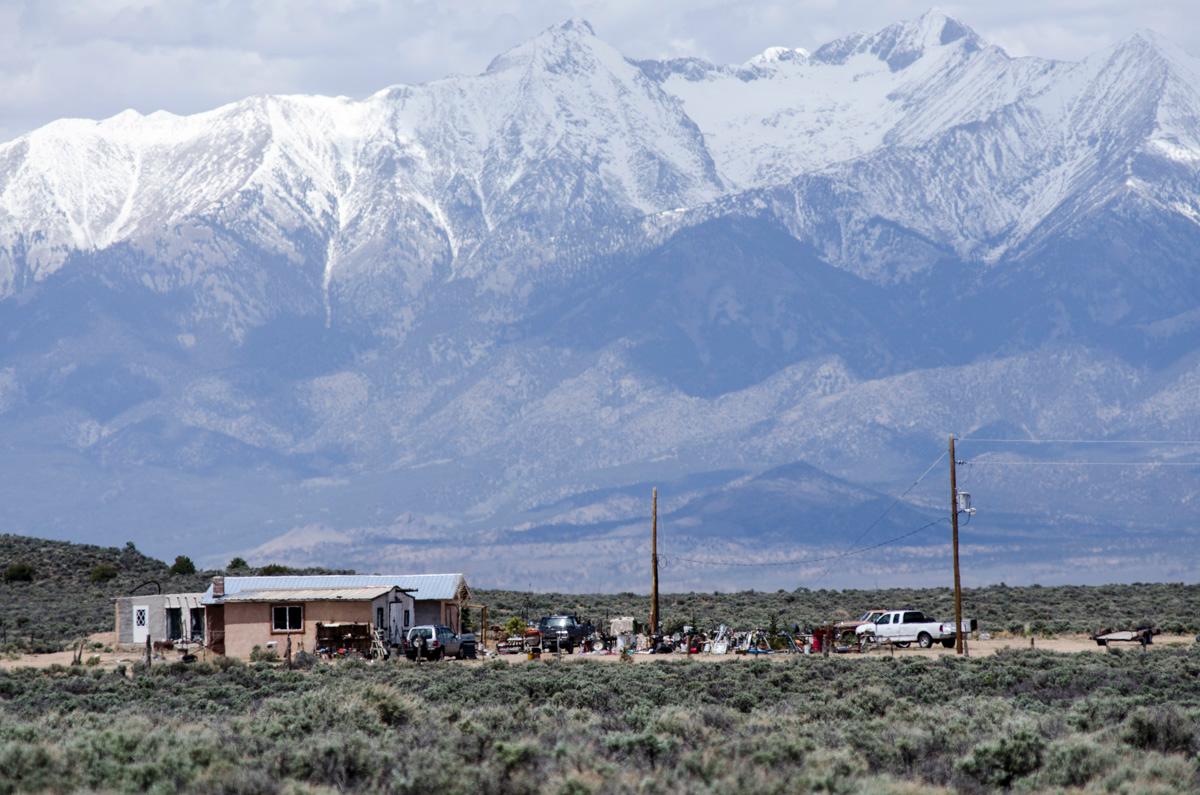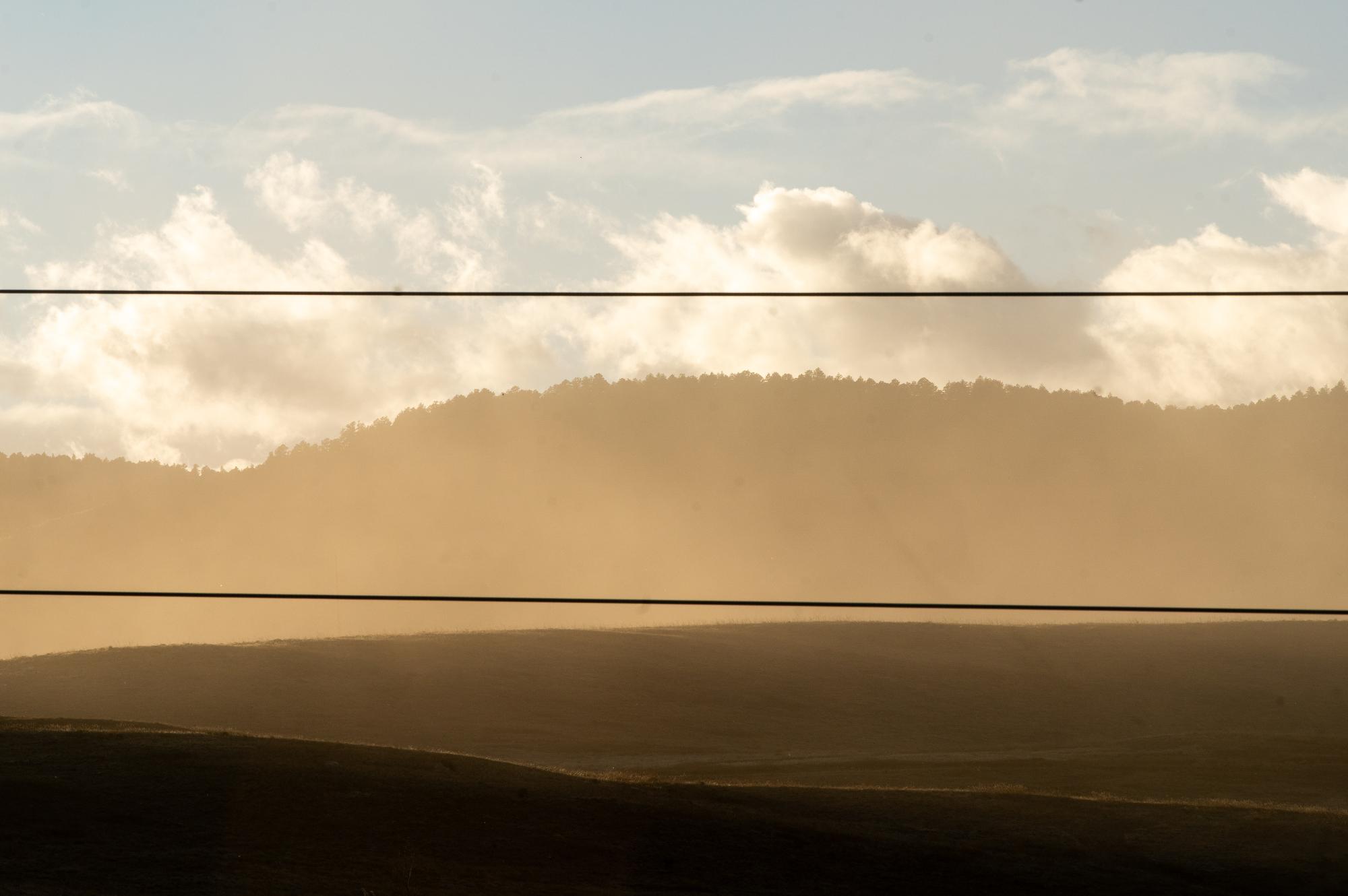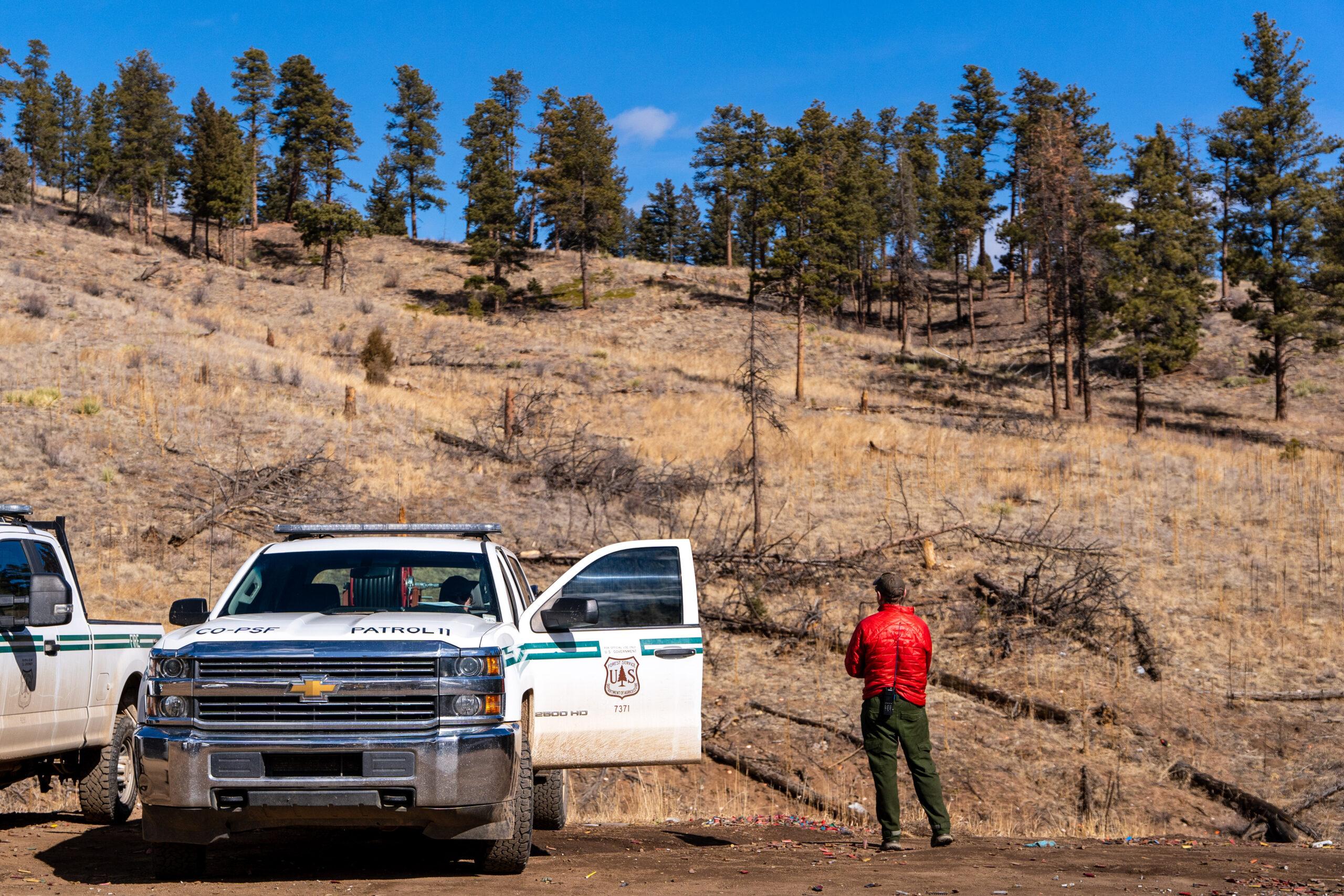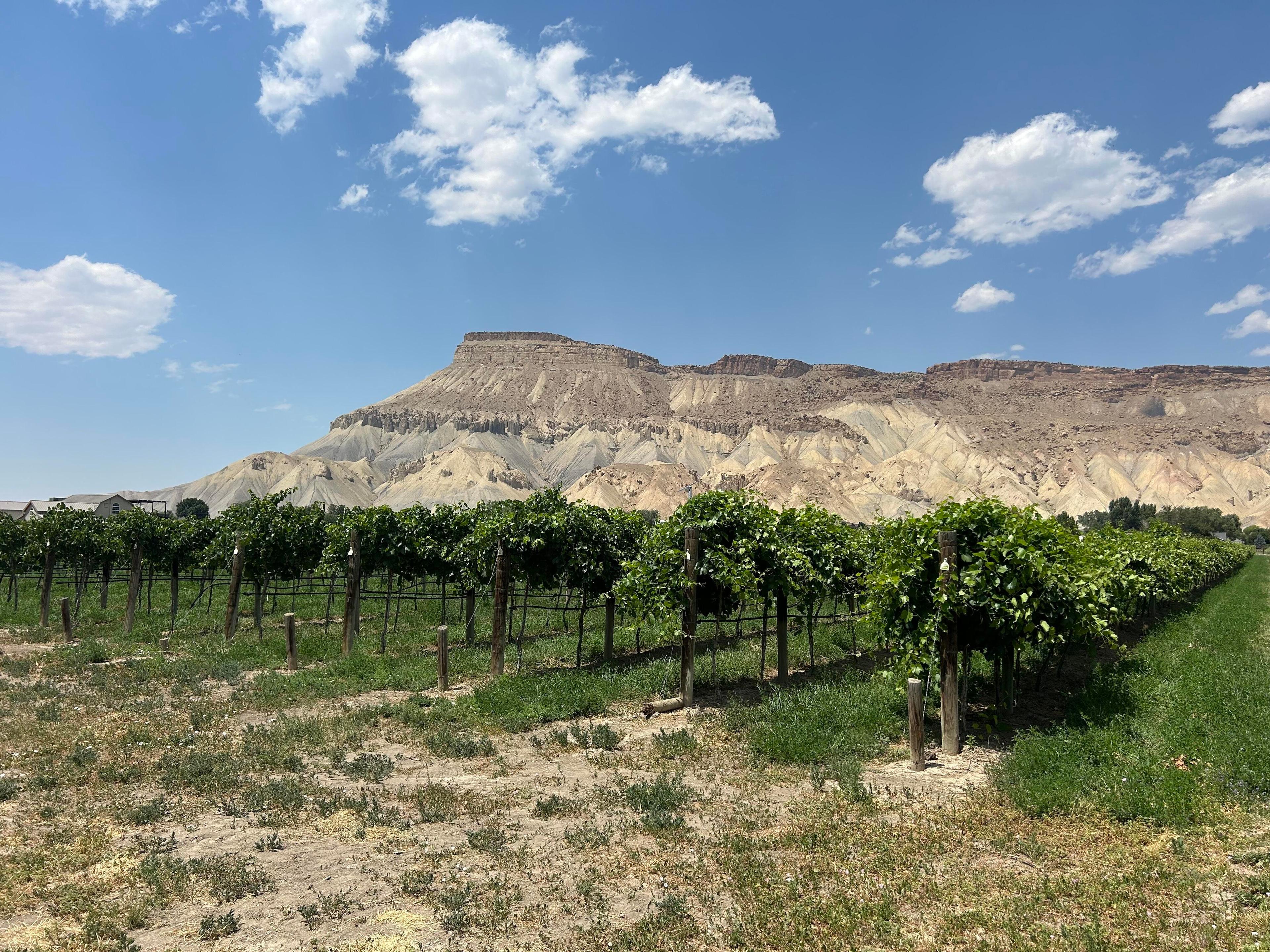
Voters have repealed Colorado’s Gallagher Amendment, according to the Associated Press. According to ballots counted as of 10 p.m., about 58 percent of voters supported Amendment B, the effort to eliminate the fiscal restraint from the state’s constitution.
“I think it’s wonderful that Coloradans have decided that it’s time to get tax policy out of the constitution. It’s outdated and it doesn't reflect Colorado as it is today,” said Carol Hedges, executive director of the Colorado Fiscal Institute.
The constitutional amendment, approved by voters in 1982, has reduced homeowners’ property tax bills in Colorado for decades, saving them billions of dollars that would otherwise have gone toward schools and local services.
“What’s on my mind is that given enough money and given enough lies, even the good voters of Colorado can have a bag of wool pulled over their eyes,” said Dennis Gallagher, the former state lawmaker who wrote the original amendment.
“I think we’re going to as taxpayers be a lot more vigilant in Colorado as schemes come forward to try to increase home taxes.”
He predicted another “California-type property tax revolution” as the repeal of Gallagher allows property tax bills to increase in future years.
A bipartisan group of lawmakers put the repeal on the ballot, saying that repeal was crucial amid the COVID-19 fiscal crisis. If it stands, Gallagher is set to once again slash the property tax assessment rate in 2021.
Supporters of the repeal argued that Gallagher has had unexpected effects, due to the way it combines with the Taxpayer’s Bill of Rights. They argued removing it from the constitution would help “stabilize” government revenues.
The 1982 amendment was originally meant to limit the portion of property tax money that comes from homeowners, as opposed to businesses. It has done that — but it has had the additional, unintended effect of shrinking the total amount collected from property taxes in some areas.
Gallagher has been especially painful for rural areas, which do not have a cushion of growth to protect them from its effects. Meanwhile, large cities like Denver have seen their property tax revenues grow at a relatively slow rate, despite massive development.
The repeal campaign reported nearly $4 million in spending through mid-October, with significant support from magnates Kent Thiry and Pat Stryker. The opposition campaign reported less than $100,000, with messages focusing on the idea that Gallagher is part of the system of laws that limit government spending in Colorado.
Critics said that lawmakers should have figured out a more specific fix to help rural areas, rather than repealing the entire amendment. They argued that Amendment B represents a tax increase, since it would prevent future tax cuts. Dennis Gallagher, the author of the original amendment, said that repeal would hurt middle-class homeowners.
The proposal would not directly lead to higher bills, compared to the present. Instead it would lock the assessment rate at its current level, although lawmakers could change it.








